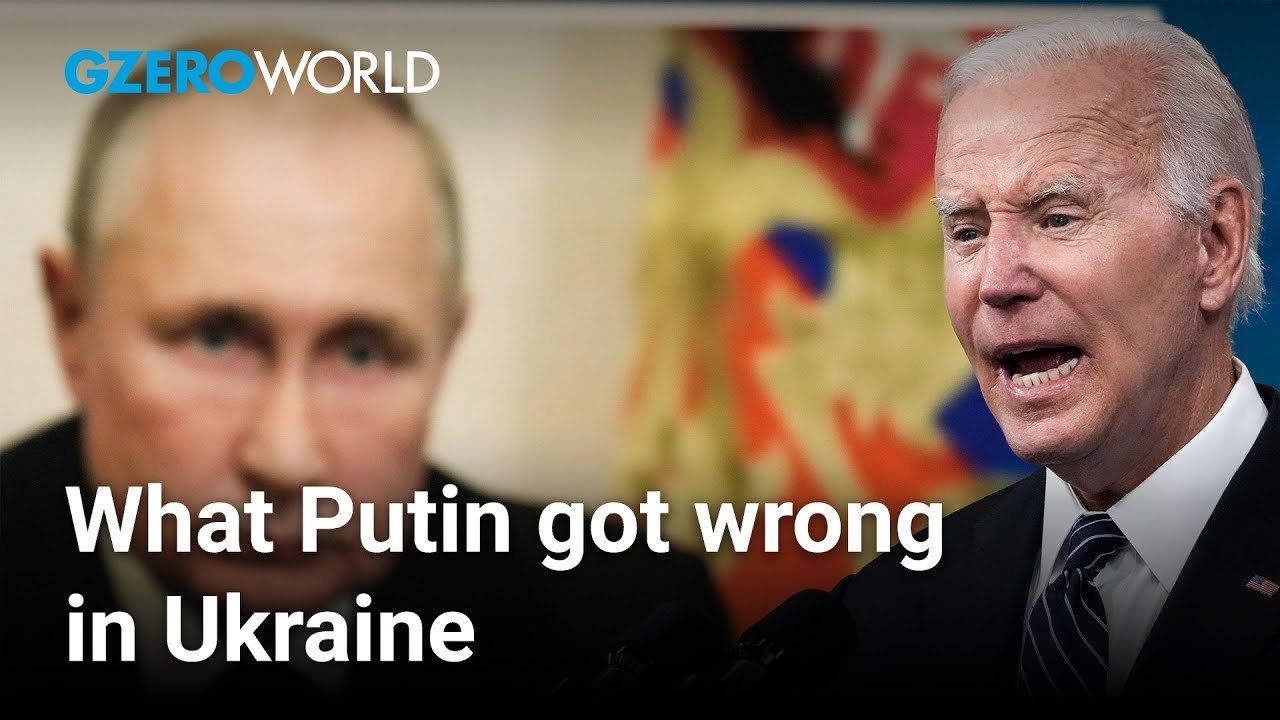GZERO World Clips
NATO is "back to basics" defending Europe from an aggressive Russia

NATO is "back to basics" defending Europe from an aggressive Russia | Radek Sikorski | GZERO World

NATO’s renewed strength and commitment to its original mission of countering an aggressive Russia in Europe was on full display at the alliance's 75th-anniversary summit in Washington, DC. On GZERO World, Ian Bremmer sat down with Poland Foreign Minister Radek Sikorski on the sidelines of the summit to discuss the mood among NATO allies and Sikorski’s assessment of the battlefield two and a half years into a bloody, brutal war with no end in sight. Sikorski, whose country shares a 300+ mile border with Ukraine, remains optimistic that Russian defeat is inevitable.
“Putin misjudged us. He thought Ukraine would just cave in and he’d walk into a victory parade,” Sikorski says, “I don’t think in his worst dreams he anticipated we’d be spending hundreds of billions on arms and ammunition and that two years on, he’d still be controlling only 20% of Ukrainian territory.”
Sikorski says that Putin’s war crimes, including attacks on civilian infrastructure and a children’s hospital, have only strengthened Western resolve. He points to the heavy casualties and economic strain Russia faces, predicting a potential collapse of the Russian economy if the war continues. He notes Ukraine’s strategic victories against a much larger army, such as taking out the Russian fleet in the Black Sea without a navy. Sikorski says it’s in NATO’s best interest to keep sending weapons and financial aid to Kyiv because the cost of not sending assistance will ultimately be much higher.
“It's the cheapest and most effective way to signal to Putin, but also to others,” Sikorski insists, “that regaining what you regard as a renegade province is harder than you think."
New digital episodes of GZERO World are released every Monday on YouTube. Don''t miss an episode: subscribe to GZERO's YouTube channel and turn on notifications (🔔).
With close ties to both the US and China, can Singapore survive in an increasingly fragmented and chaotic world? Singapore’s President Tharman Shanmugaratnam joins Ian Bremmer on the GZERO World Podcast.
Think you know what's going on around the world? Here's your chance to prove it.
This week, Prime Minister Keir Starmer became the first UK leader to visit China in eight years. His goal was clear: build closer trade ties with Beijing.